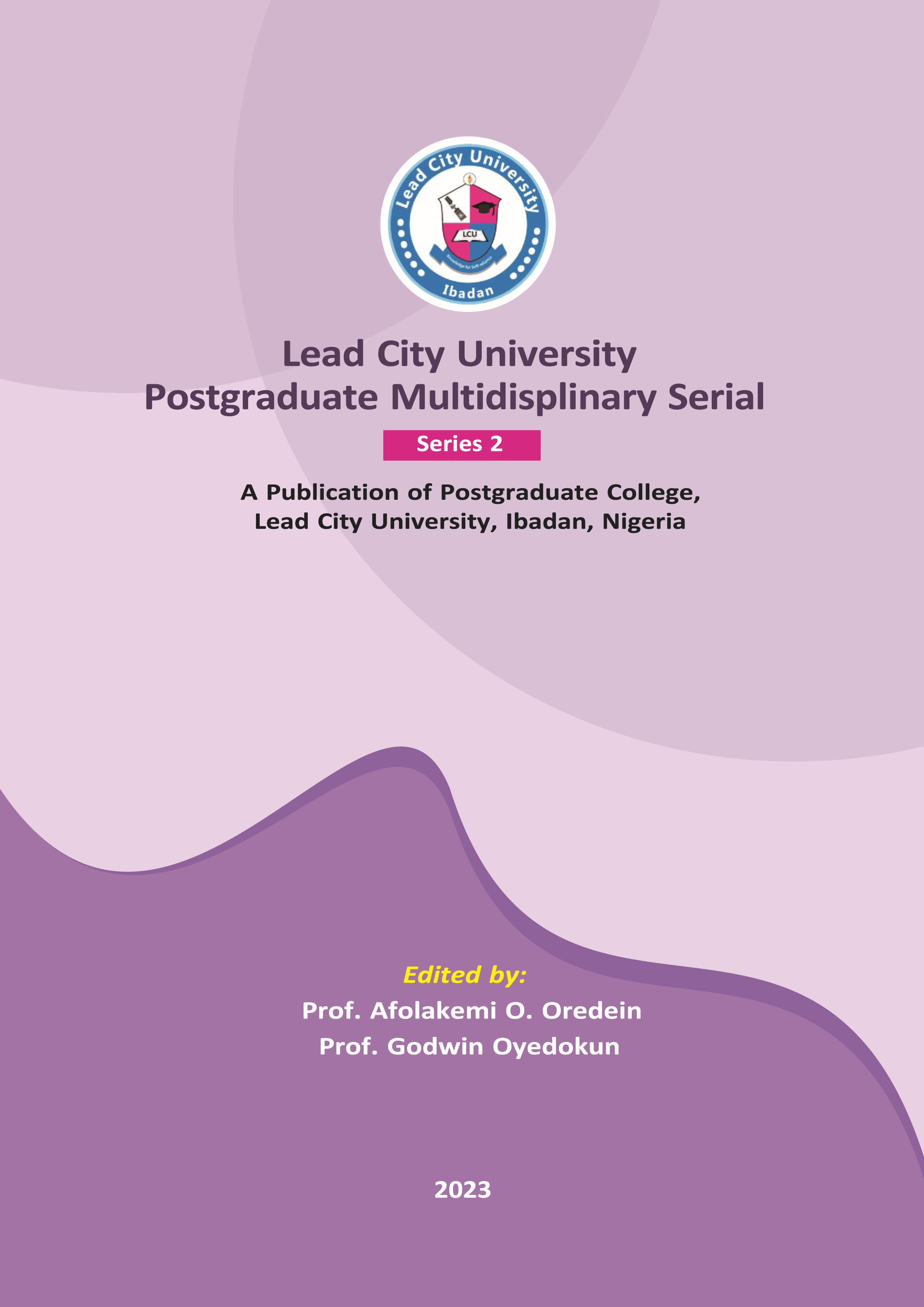Investigative Study on The Constraints of Adoption of Disruptive Agricultural Technologies in Poultry Production in South-West Nigeria: A Case Study of Internet of Things
Keywords:
Constraints, adoption, agricultural technologies, internet of things, poultry productionAbstract
The adoption of disruptive agricultural technologies is crucial for enhancing the productivity of
poultry production in Nigeria. This study investigated the constraints of adoption of disruptive
agricultural technologies (Internet of Things) in poultry production in South-West (Lagos, Ogun
and Oyo States), Nigeria. Questionnaire was used to collect data from two hundred and one (201)
poultry farmers in the study locations. Descriptive and inferential statistics was used to analyze the
data collected. Result showed that most (38.8%) of the poultry farmers had stock size of less than
2,500 birds. Majority (74.1%) of the poultry farmers operated both intensive and extensive
production system. Furthermore, 84.0% of the poultry farmers were willing to adopt Internet of
Things (IoT). The major constraints encountered by poultry farmers during adoption of disruptive
agricultural technologies were lack of credit facility (2.16), poor housing system (2.06), and no
government intervention (2.04). From the Logistic regression analysis, farm experience (t<0.1),
stock size (t<0.05), educational level (t<0.05) and years of Internet of Things (IoT) experience
(t<0.05) significantly positively influenced the willingness to adopt disruptive agricultural
technologies. In conclusion, despite the willingness of the poultry farmers to adopt disruptive
agricultural technologies, they were constraint due to lack of credit facility.

